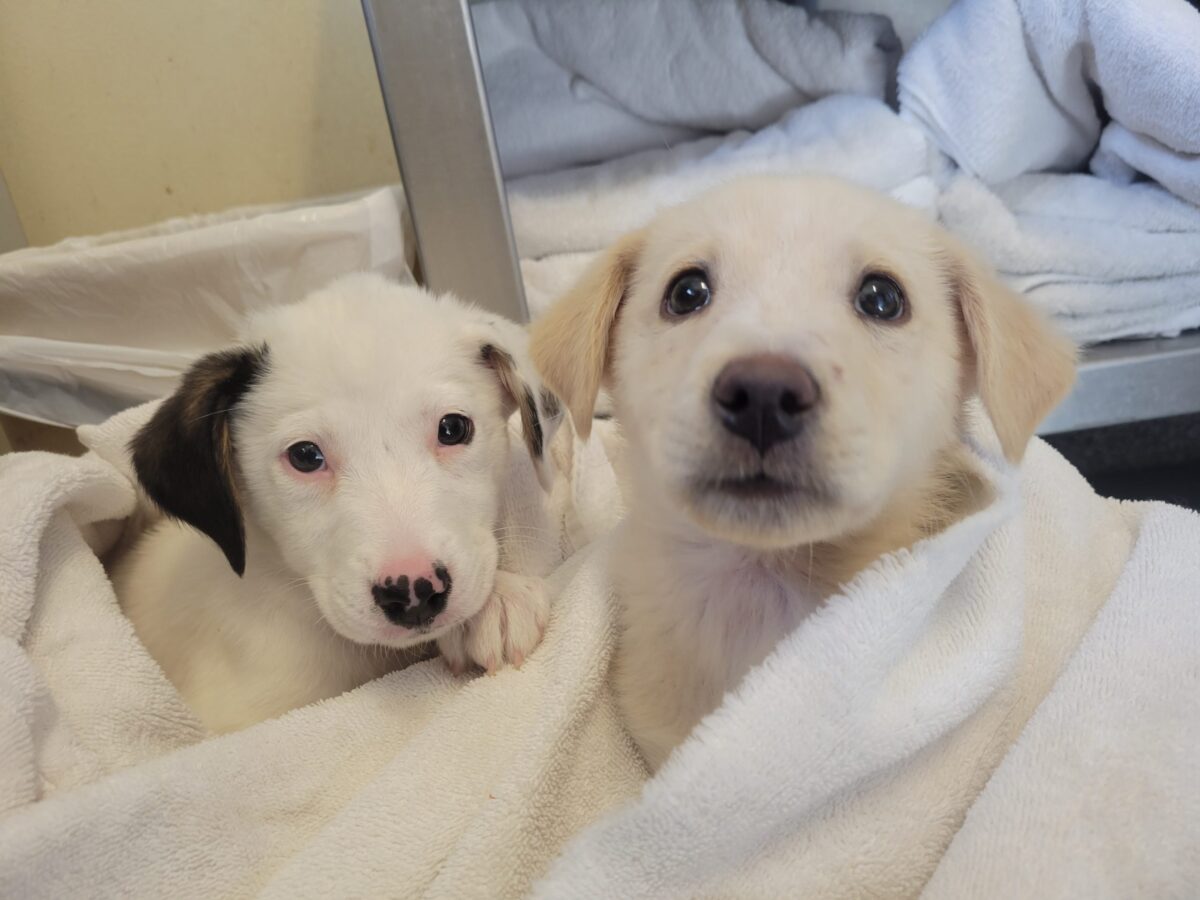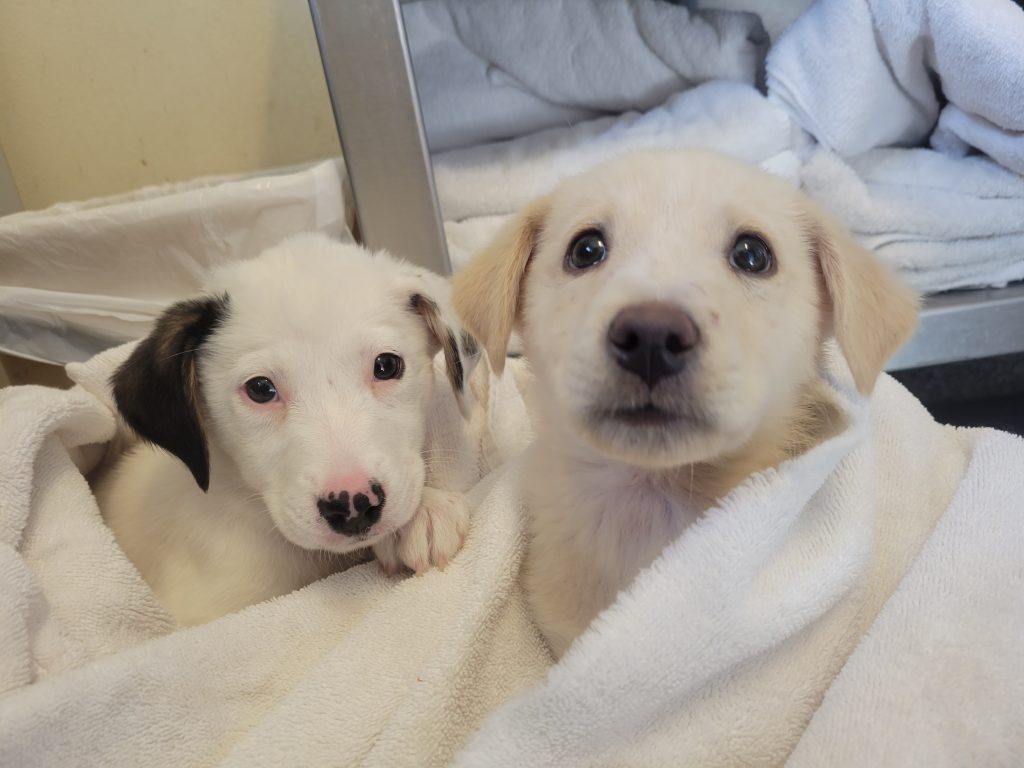
For many Gunnison residents, dogs are a critical component of the good life spent outdoors. Luckily enough for would-be dog and cat owners, there is a consistent stream of canine friends and fine felines on offer at the Gunnison Valley Animal Welfare League (GVAWL), located across from the county’s recycling station on Basin Park Drive.
GVAWL as an institution traces back to 1987, but GVAWL’s building, with its nine kennel areas and three outdoor play yards for dogs, was completed in 2014. The shelter building includes an entire room devoted to cats (with capacity for up to 18) that connects to an outdoor climbing and play space to aid with feline enrichment.
Previously, GVAWL operated as a foster organization, maintaining no permanent space to hold dogs while they await the right adoption fit. This model is similar to Gunnison Underdog Rescue (GUR), another animal rescue organization in the valley. Before the new shelter space was constructed, the shed behind the current building housed cats. Nowadays, that space is utilized as precious storage space for dog food and other essentials.
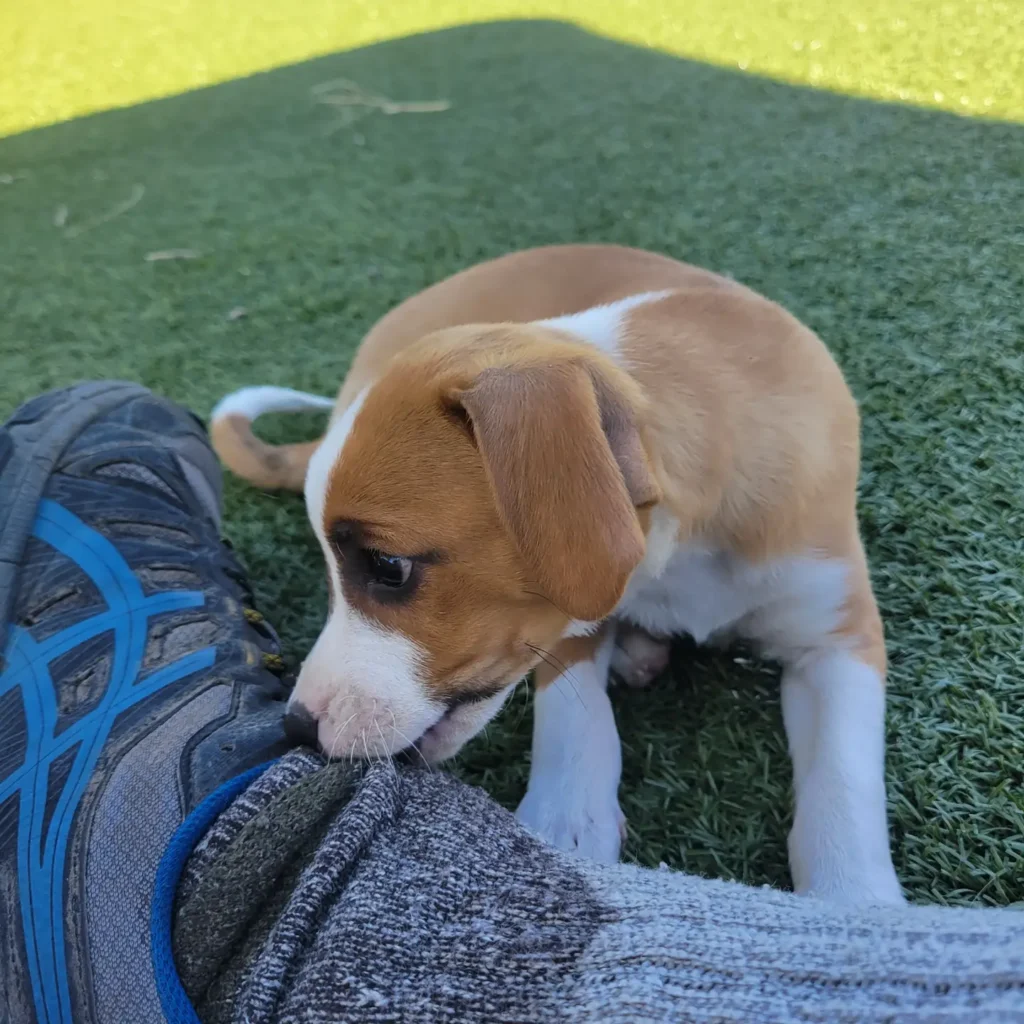
The money for GVAWL’s current building was endowed by Sue McCallister, the name borne by the shelter. McCallister passed away from cancer in 2015, but her legacy lives on with GVAWL’s continued growth and service to animals and humans alike in the Gunnison Valley community.
Critically, GVAWL also maintains a contract with the City of Gunnison and Gunnison County, who utilize the shelter as a holding area for picked-up dogs as they attempt to locate the dog’s owner. These animals, if unclaimed for more than 10 days, officially become GVAWL dogs and are available for adoption.
The City and County of Gunnison had previously maintained a separate shelter that had fallen into a state of disrepair. The local governments leaped at the opportunity to forge ahead with the new GVAWL building and a close partnership with GVAWL, making significant financial contributions that enabled the new building’s construction. Another aspect of GVAWL’s local government partnerships are the City of Gunnison’s Neighborhood Services Officers, who pop by regularly in the morning to help out with dog care.

Animals have always been a huge part of life for GVAWL’s first shelter manager Tamara Spezze. Spezze began in her current role, endowed by the McCallister family, in March 2020. Previously, the shelter was operated by a dedicated corps of volunteers and part-time help.
In college, Spezze studied Wildlife Biology at the University of Wyoming and went on to a career as a wildlife officer, biologist, and later an education coordinator for the State of Colorado’s Division of Wildlife. More than two decades ago, she founded and built a pet boarding and grooming business of her own, Wag-N-Tails in Salida, which she later sold.
More recently, she worked at Western’s Savage Library as the Head of Access Services, managing circulation and a team for work study students over the course of five years. Spezze’s background with animals, public education, and pet care make her the perfect fit for the GVAWL job.
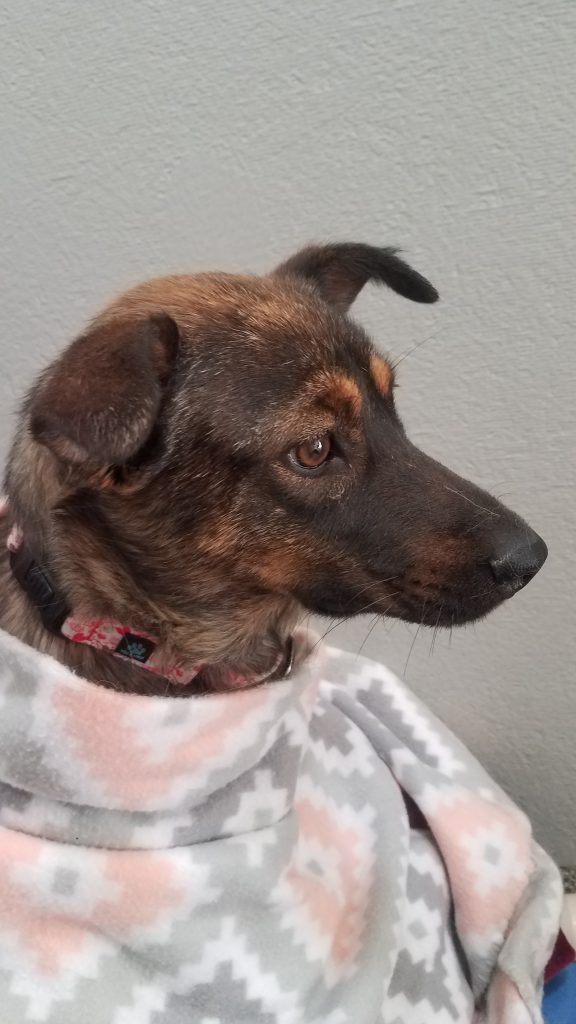
Spezze is right for the role largely because of her love for animals (she has three dogs, two cats, five horses, three miniature goats, and nine chickens of her own), but is also upfront about the fact that she witnesses heartbreak on a regular basis, and occasionally has to make the tough, but rare choice to put a sick animal down for the animal’s own sake.
Note: GVAWL is a certified no-kill shelter, and only exercises the lethal option when it is absolutely necessary given an animal’s condition.

As a wildlife officer, Spezze had to euthanize a bear that had lost its natural fear of humans to preserve human safety, a story she later brought up in her interview for the GVAWL position when asked about how she handles tough decisions. “Ultimately, people come first, whether we like it or not. And that’s what I said in the interview…there are situations out there that we can’t fix, we can’t fix everything,” says Spezze, who is quick to note her job’s positives:
“I learn something every day. I’ve had several people ask me how I do it, because they know me and they know I love animals, but I know that I’m making a difference…. because [our GVAWL dog] Charlie just went home, and [before] he was on his own begging for food and didn’t have a home,” says Spezze.
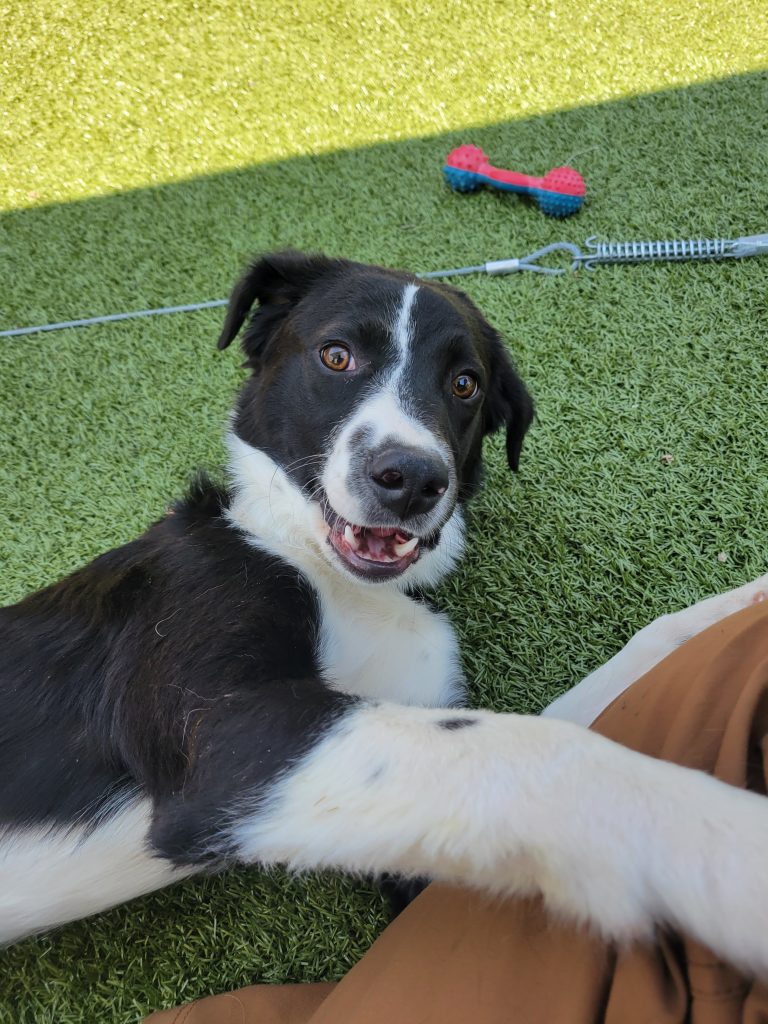
Spezze’s role is heavy on public education and outreach, another aspect of her job that she truly enjoys. “[I prioritize] Taking time to chat with people about the animal and about the animal’s needs and about their needs, because ultimately, it’s always about the people, it’s not actually really about the dogs and cats: it’s about the people. Do they have enough information? There’s no perfect time, there’s no perfect animal, but we hope for the best fit and go from there,” adds Spezze.
GVAWL is an open adoption facility, meaning it doesn’t require a home tour or specific conditions from prospective adopters to obtain their chosen animals. While most shelters in the U.S. are currently not open, Spezze notes that many shelters are trending that way, dropping their multi-page application processes. “I want to have faith that people are doing as best they can for the animal, and we don’t want animals lingering here that could go to a home” she adds.
In 2021, GVAWL adopted out more than 80 dogs and more than 120 cats, some on the first day the prospective owner walked in. The age of the animals at GVAWL can vary widely, from kittens and puppies to animals around 10 years of age, or sometimes even older. Regarding age, temperament and other defining characteristics, Spezze is always honest with the people who walk through GVAWL’s doors.
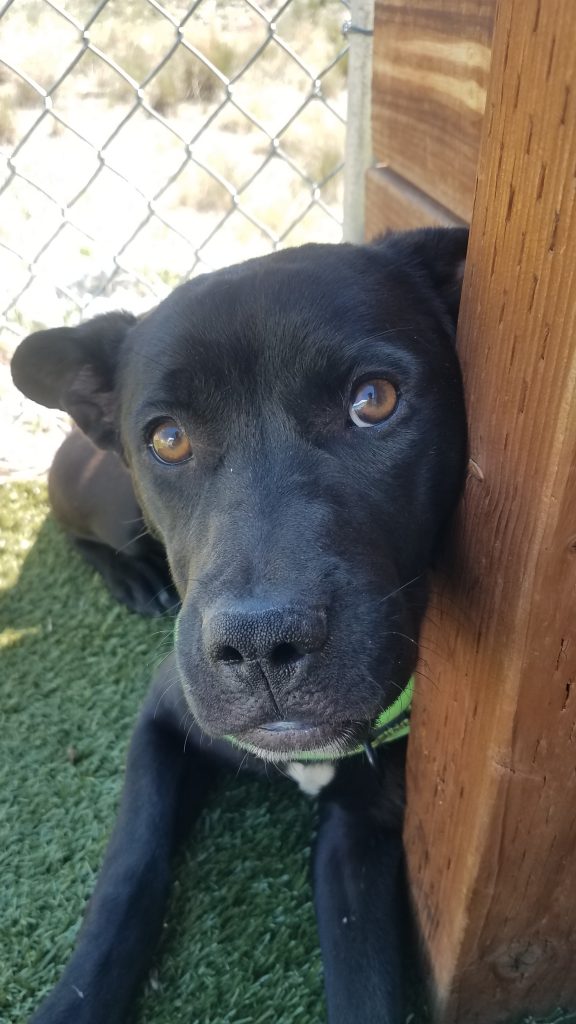
“I have encouraged people not to adopt a particular animal because it wasn’t a good fit,” says Spezze. Some reasons that can influence that fit are housing, lifestyle, family makeup, and other pets within the home. GVAWL’s adoption fees are on the lower end: $125 for an adult dog, $175 for a puppy, $70 for an adult cat, and $100 for a kitten, all fully vetted and vaccinated for their age. GVAWL also maintains a program that helps pet owners reduce the cost of spaying and neutering animals, paid for by donations.
All of GVAWL’s adopted animals go out with a guarantee of accepted return if the animal simply isn’t the right fit for the home. While unfortunate, this return process is natural and can occur for a few different reasons, including unknown or unanticipated issues with the animals and other household pets, or with the family’s children, and prolonged difficulties adjusting to the animals’ new setting.
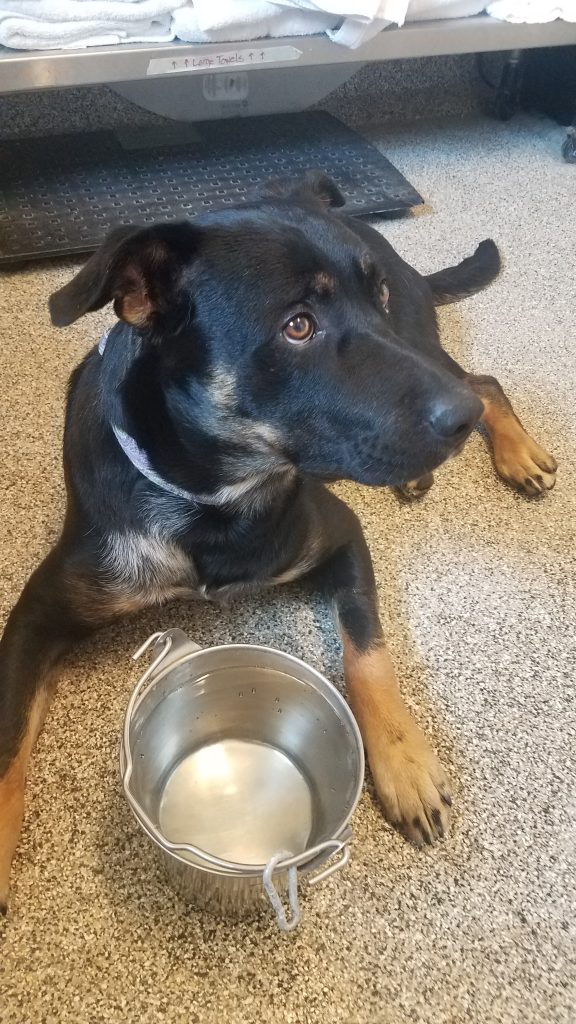
The reasons that animals first come into the shelter are quite similar, but also include broader issues like financial and housing crises (a growing issue here in the valley), realizations that the animals simply aren’t receiving the care they need and deserve, and unfortunate circumstances like divorce, imprisonment, or death. “In Gunnison, people don’t want to lose their dogs [and cats], so it really comes down to something pretty major…people don’t do it lightly,” says Spezze.
Spezze encourages people to think through the major, life-changing decision to adopt a cat or dog carefully, but notes that some circumstances, like an unknown allergy, cannot be avoided despite people’s best intentions. “Things can happen in your life that you have no control over that can change the decision that you made,” notes Spezze.
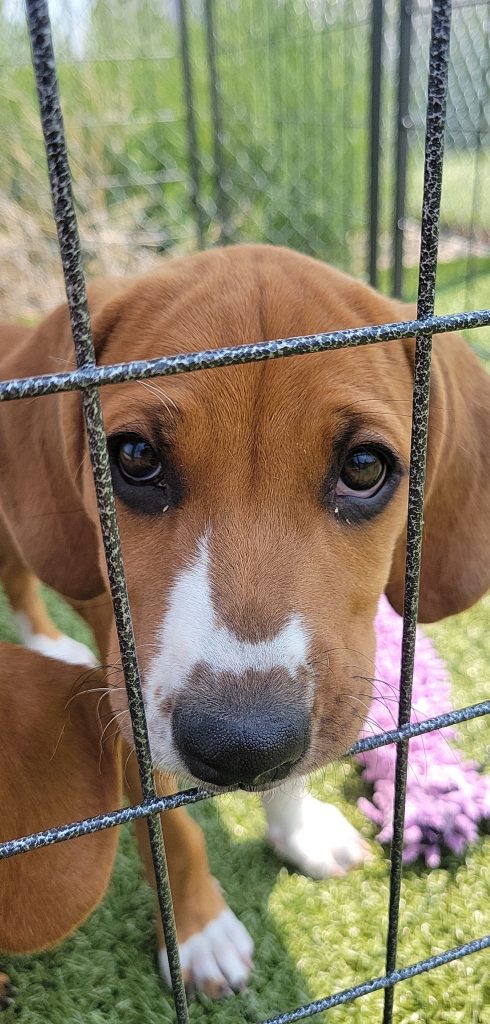
“A lot of people want to walk away with a ready-made dog. Already house-trained, already leash-trained, already, already, already…,” says Spezze, who notes that people often come into the shelter with specific notions about dog size, breed, and other characteristics in mind. Spezze stresses that dogs typically come to the shelter for human reasons. “They are very often molded by the [owners] homes and the [owners] lifestyles,” she says, adding that those factors can obviously change with new owners.
Many GVAWL animals, particularly dogs, are gone within a week or two of entering the shelter, claimed off of social media, popular adoption websites, or via word of mouth. Other dogs can prove a bit more challenging depending on their psychological profiles and history, like Bailey, a sweet midsize shepherd mix.

Bailey does great with adults out in the yard or on a leash but struggles in a household with children and also with a psychological issue known as barrier aggression, where an animal can act aggressively when behind a fence or other barrier. But Bailey returns to her sweet self immediately after she is let out.
After a long stay at GVAWL, Bailey went off to a new forever home with a woman who purchases dog shelters for dogs to reside in a sanctuary-like environment. Each unit is complete with a personal home for the dogs, and a play yard to themselves.
Another former GVAWL dog, Athena, a larger, older hound dog, went home as a foster animal with Gunnison Valley Veterinary Clinic’s (GVVC) veterinarian who provided her care, before being permanently adopted by her new owner. GVAWL maintains relationships with several local veterinarians, including Mountain Legacy Veterinary Center and GVVC.
All of GVAWL’s cats and dogs are adopted out upon being fully vaccinated and spayed or neutered, services rendered by GVAWL’s veterinarian partners. “We do send [our veterinarians] goodies, like pizza…we try to keep them happy and they do give us discounts, and I think we have a great working relationship,” says Spezze.
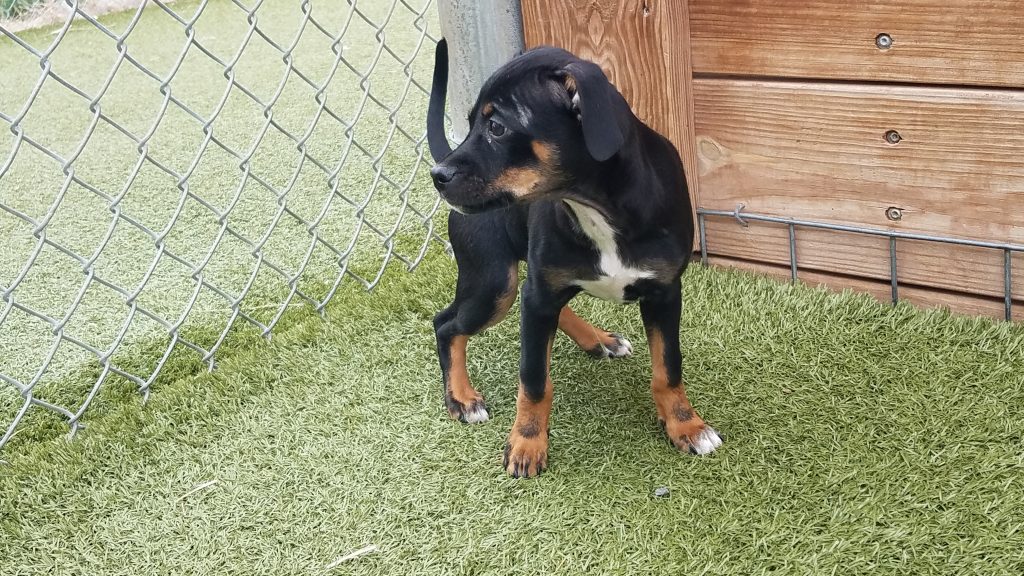
Other community relationships, besides the generous donors and volunteers who assist in running the shelter, include Pawsitively Native, a Gunnison pet boutique that makes regular food donations to GVAWL. GVAWL also has a handful of volunteer photographers, who take many of the photos you see on GVAWL’s social media accounts (Facebook, Spezze notes, is the most effective for securing adoptions). Spezze adds that the photographers take the time to really get to know the animals, allowing the animal’s personality to shine in the photos.
In non-Covid times, GVAWL tables at a variety of events to get out into the public eye, and also to raise money to meet the organization’s operational costs. This includes maintaining a presence at big Gunnison events like the Fourth of July, where GVAWL held a paddle board race and a raffle for a donated paddle board in 2021. Spezze adds that GVAWL also hosts events of its own like the annual “Spay-Ghetti and No Balls” dinner, with the proceeds supporting the spay and neutering assistance program, and a “Howl-O-Ween” fundraiser night in October.
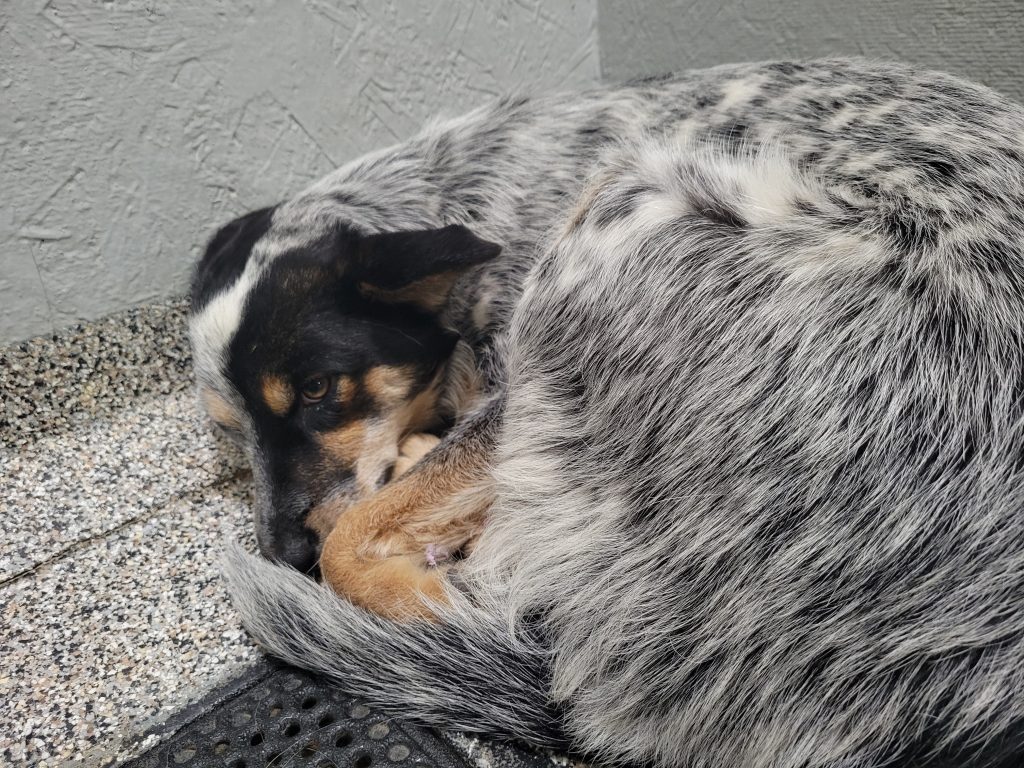
GVAWL relies largely on the generosity of its community donors, coupled with funds coming from local foundations, government partnerships, and grants. Spezze notes that the larger shelters get a lot of the money, while smaller shelters with lower adoption numbers frequently get overlooked. But the needs within the Gunnison Community are different, with GVAWL adopting out more dogs, many of which are transfers, than it intakes.
Spezze and GVAWL are actively seeking expansion, which will include expanding three of the dog kennels to utilize sliding, “guillotine” doors to connect the indoor kennels to an outdoor run, allowing the dogs to venture outside in a personal run area separate from the three-part play yard.

The system would allow Spezze and volunteers to let the dogs out easily without the need for direct human interaction, a critical safety component for the rare dangerous animal that passes through GVAWL. Spezze is looking to nail down a contractor to put together a construction plan and obtain the required approvals to break ground on the run expansion, but the incredibly tight market for contractors has caused a temporary delay.
A big reason for the expansion is to make the job of Spezze, and of GVAWL’s volunteers, easier. Volunteers are essential to GVAWL’s daily operations, feeding the animals, cleaning cages and kennels, and providing the personal interaction and enrichment to socialize the animals while they prepare to head off to their forever homes.
On her volunteer roster, Spezze has roughly 30 dog volunteers and even more cat volunteers, many of whom have a regular weekly shift (the cats have two daily shifts, while dogs have three), with additional volunteers on a backup call list. “We absolutely cannot do without our volunteers– at all, no way,” says Spezze, citing four student volunteers from Western’s Day of Service as a massive help for organizing and cleaning back in February.
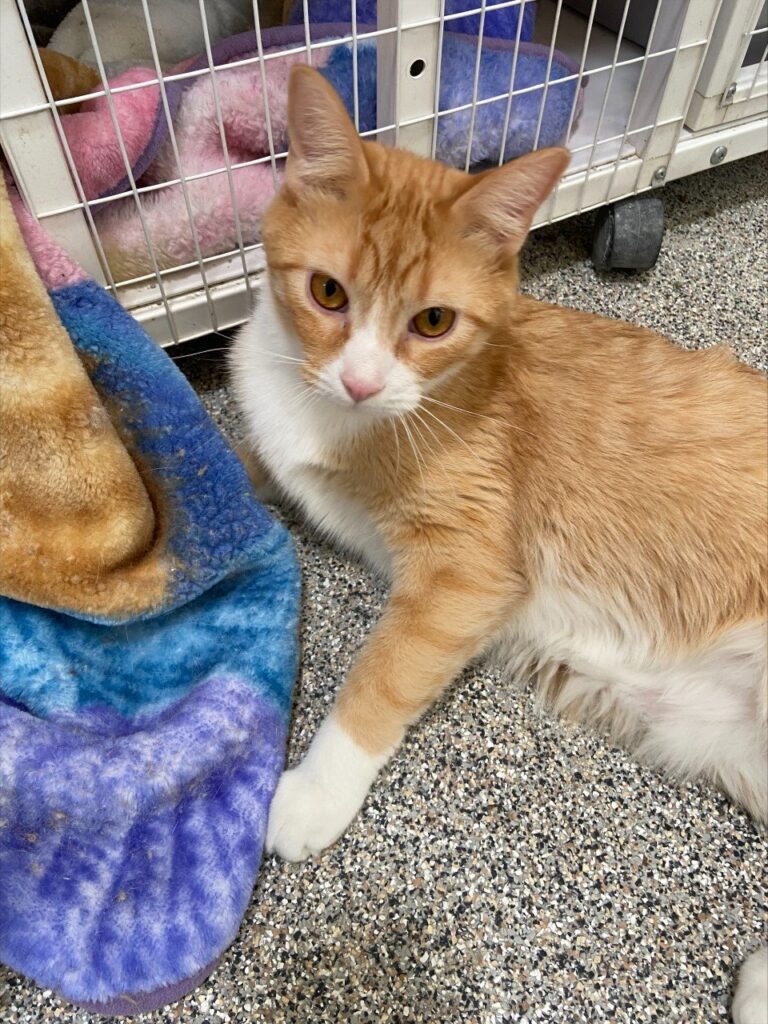
If you’re looking to get involved, GVAWL has a consistent need for volunteers, and Spezze can be reached via email at info@gvawl.org Currently, there are open dog shifts on Wednesday mornings, Friday mornings, and Saturday mornings.
GVAWL’s open hours for would-be dog and cat owners are Wednesday 4 to 7 p.m., Friday 4 to 7 p.m., and Saturday 10 a.m. to 2 p.m, but Spezze is open to setting up specific appointments as needed via the email above.

